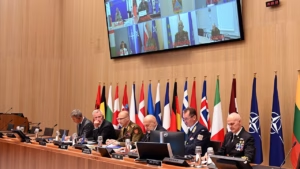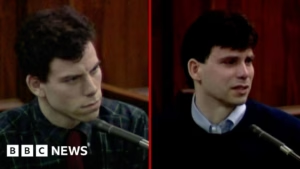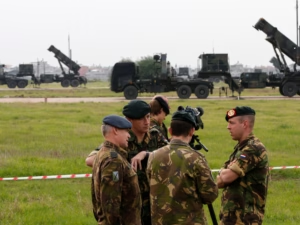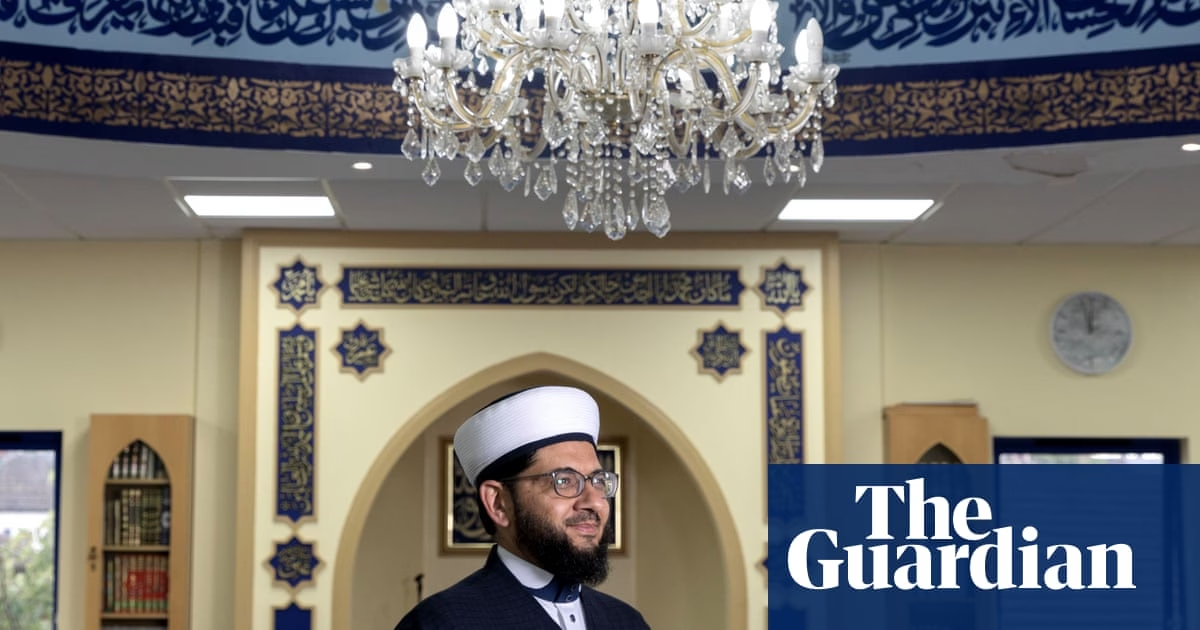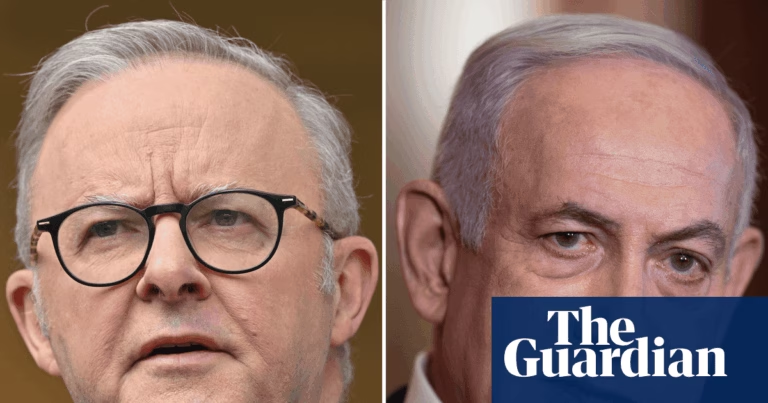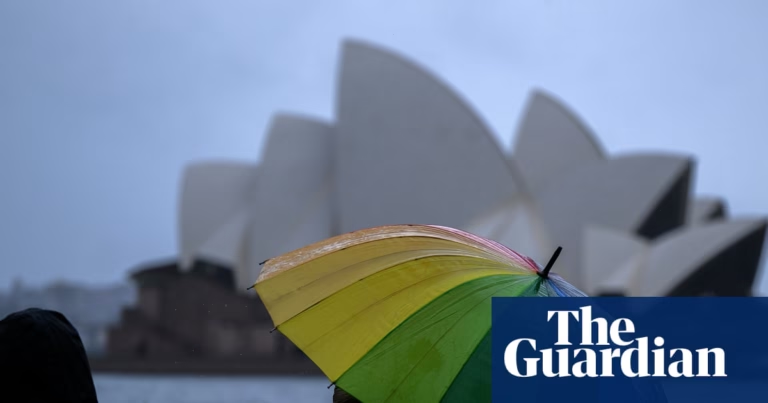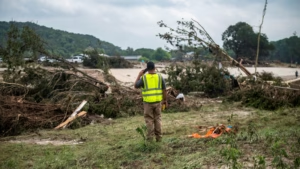For many in the British Muslim community, the tragedy of 7 July 2005 remains deeply etched in memory. The bombings sent shockwaves throughout the nation but also marked a pivotal moment that left many grappling with grief, fear, and increased scrutiny of their identity.
Twenty years on, feelings of suspicion, isolation, and hostility experienced in the aftermath of the attacks have, for some, only intensified over the decades due to UK counter-terrorism policies and a political landscape that they argue has enabled Islamophobia to flourish.
“The emotional and social impact of 7/7 on Muslim communities was significant and is felt by many to this day,” remarked the imam Qari Asim.
After the four London bombings, which claimed 52 lives and injured over 700, police recorded 180 incidents of racism in three days, of which 58 were faith-related, and mosques faced arson attacks. A Guardian poll at the time found two-thirds of Muslims considered leaving the UK afterward.
Asim, who was in Leeds, where three of the four bombers hailed from, recalled the community’s shared sense of grief as the nation mourned. But he also mentioned an additional, silent layer of suffering for the Muslim community: guilt and the need to justify their affiliation.
As international media converged on Leeds, Asim facilitated a peace walk with other local places of worship and joined mosques nationwide in focusing their Friday sermons on solidarity and denying extremist ideologies. However, he also spoke about the psychological effects following the incident, such as seeing fear in people’s faces when he entered elevators. He had to stop carrying a backpack while traveling.
“Islamophobia has consistently risen in the last 20 years, attributable not only to extremism and terrorism but also to various factors,” Asim remarked.
Among these factors, he cited were the counter-terrorism measures enacted after the bombings. The then-prime minister, Tony Blair, introduced 12 measures intended to enhance collective security, but many felt these actions alienated the Muslim community, left them feeling over-policed, and weaponized their faith against them.
There was a significant increase in faith-related hate crimes and police stop-and-search operations. Dozens of terrorism charges were brought annually, and conviction rates on those charges saw a surge.
Jean Charles de Menezes, a Brazilian living in London, was mistakenly killed by officers on the day following the failed attacks of 21 July 2005. Another man was shot and wounded during a counter-terrorism home raid in east London.
Government engagement with communities at the time became fixated through a counter-terrorism perspective, at the expense of other types of social engagement, stated Milo Comerford, the counter-extremism policy director at the Institute for Strategic Dialogue.
“It obviously led to much mistrust and perceptions of securitisation, particularly among younger Muslim men,” said Comerford.
While the government fund to combat hatred against Muslims announced in April was a step in the right direction, Comerford said there had been a lack of government focus for decades, and the Islamist perspective had been “part of the challenge”.
The extension of terrorism powers and enhanced capabilities granted to police and intelligence agencies has concerned Shabna Begum, the CEO of the Runnymede Trust, a leading race equality thinktank, due to their disproportionate impact on people of color, particularly South Asian and Muslim communities.
“Muslim communities have generally faced a culture of being perceived as a threat and as outsiders to British identity,” Begum noted.
Britain is home to a diverse Muslim community, with the majority under the age of 19, according to the Muslim Council of Britain. In England and Wales, 3.9 million people identify as Muslim as per 2021 census data, which is 6.5% of the population.
Begum, mindful of her two children being targeted for their Muslim identity, feels a sense of concern that continues to grow. When she hears the customary “See it, say it, sorted” announcement on the tube, she perceives it differently from a white passenger, she believes.
Twenty years after 7/7, Begum believes the extension of counter-terrorism powers into the current conversation on migration “feels regressive”.
“We’re in a really dangerous place,” she stated, yet acknowledged room for change. “There’s space for a different narrative, room for solidarity. These counter-terrorism surveillance powers, and the logic of all we’ve seen since the ‘war on terror’, those things damage everyone.”
These fears were amplified this year when data showed Islamophobic attacks rose by 73% in 2024, attributed to the normalization of Islamophobic rhetoric and the spread of far-right conspiracy theories on social media, according to Tell Mama, an anti-Muslim incidents recording project in the UK.
While some observed positive changes following 2005, such as increased Muslim participation in public life, the creation of Muslim organizations and charities, and interfaith solidarity, another turning point was the 2005 strategy known as Contest. Its key component, Prevent, aimed to address the “root causes of terrorism”.
However, critics contended that Prevent was established without significant engagement with communities, and the rise in surveillance culture led to a breakdown of trust between the Muslim community and the authorities. Accounts have emerged of a five-year-old child and university students being referred to the program.
In the years following 7/7 and 9/11, a cultural shift occurred, leading to politicians and political commentators using language about Muslims and the Muslim community in ways previously deemed unsuitable. In 2024, analysis revealed that GB News accounted for much critical news broadcast coverage of Muslims over a two-year period.
“It’s become commonplace for people to express really objectionable views while being given platforms on mainstream media,” said Jabeer Butt, CEO of the Race Equality Foundation.
“We’ve permitted people to voice their venom in public under the guise of protecting free speech, when in reality, we are demonizing large segments of our society.”
Shaista Gohir, a British-born Muslim woman and CEO of Muslim Women’s Network UK and crossbench peer, stated that while there was always a presence of racism, she was more concerned for the Muslim community than ever before.
“It’s not just the fringes anymore,” Lady Gohir commented. “It’s mainstream anti-Muslim hatred.
“Twenty years on, I thought we’d be in a better place in terms of building back relationships and trust, but I would say things have deteriorated.”
